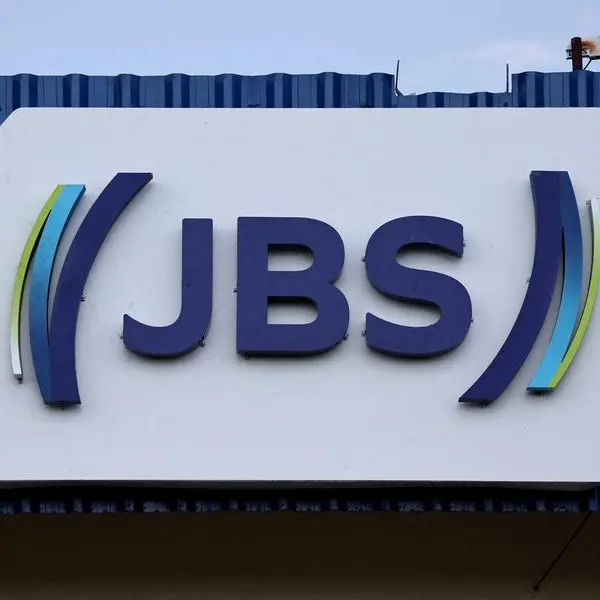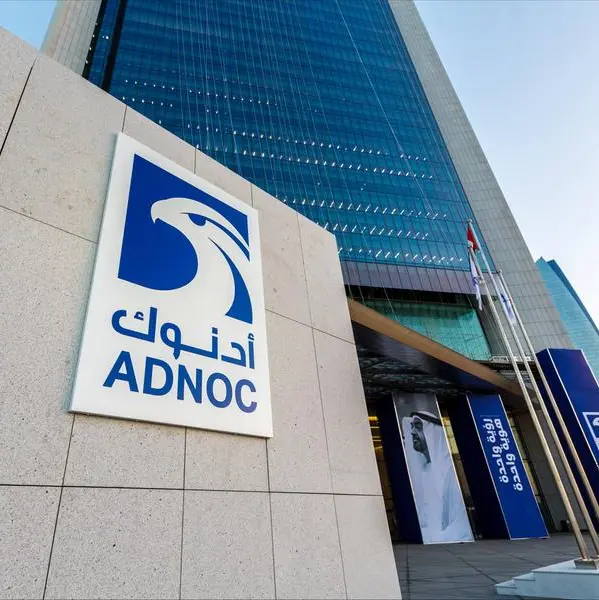PHOTO
Most people associate blockchain with cryptocurrencies such as Bitcoin. It is the technology that many are built on.
However, blockchain is now being billed as a technology that will improve visibility, productivity and security for business. In fact, some have gone as far as to say that its system for record-keeping, transparency and verification could replace the role of trust in our society. So why is it important for businesses in the UAE?
A global realisation has emerged that blockchains can bring new efficiencies to commerce and profoundly change how the world conducts business and interacts with governments. In fact, the UAE is already ahead of the curve with the government's April 2018 announcement of Emirates Blockchain Strategy 2021. Major IT providers like IBM, Microsoft and Infosys are collaborating with banks and other financial institutions in a race to develop commercial blockchain platforms. The advent of blockchain is fuelling a large number of startup companies focused on specific industries and consumer applications and governments are considering how blockchain can make tax reporting easier while reducing fraud.
Is your firm blockchain-ready?
Despite being in the news for several years as the technology driving Bitcoin, blockchain for commercial use is still very new. Much of the commercial uptake is still in the proof of concept (or startup) stage.
There are four key areas to consider when deciding if your business is ready for blockchain.
1. Are the standards good enough for your industry? Blockchain works as an application programming interface, which means standards need to be developed before there is widespread adoption. There are multiple groups working on standards, including Hyperledger and the Etherium Alliance Framework. However, Gartner expects the industry to stabilise in 2018 with 75 commercial blockchain platforms before consolidating to about five platforms in 2019.
2. Is the technology robust enough yet? While blockchain is conceptually simple, the underlying technology encompasses some difficult technology challenges. This is especially true for the distributed capabilities of blockchain which allow each party to have their own writeable copy of the same historical record. An entry written to one replica will eventually arrive at the other replicas, which then have to collaborate and decide if the new entry is valid. This can be harder than it sounds to facilitate.
3. Is blockchain secure enough? Whilst in general, blockchain is considered a step forward for securing transactions, like most things in computing, security is not inherent. Blockchain uses public key encryption, hashing and digital signatures, and other mechanisms that are well-known, but not always administered correctly. Missteps in securing a blockchain, or simple bugs in the platforms, can cause serious disruption. For example, on November 6, 2017, $280 million in assets were accidentally (and temporarily) frozen in a blockchain managed by Parity Technologies due to a bug in the underlying platform.
4. Will I be compliant? As is often the case for new technologies, there are policy issues to be worked out. For example, if a blockchain is immutable, how can the "right to be forgotten", a mandatory requirement in the EU's General Data Protection Regulation, be applied? There are also concerns that individuals making property transfers or declaring wills on a permission-less blockchain conflicts with how existing institutions manage public records. These anomalies still need to be ironed out.
For many businesses in the UAE, the answer will be 'not yet'. Ultimately, there is no doubt that blockchain is a disruptive technology which has the potential to transform industries across the region. However, despite recent momentum, it is a technology that isn't (yet) particularly easy to use for many businesses. The platforms are still maturing and, like many other software platforms, they are subject to bugs and operational errors. The potential risks of being a blockchain pioneer are higher than other technology adoption waves because blockchains typically apply to monetary transactions as well as transactions carrying fiduciary responsibilities.
However, blockchain technology is likely to be intrinsically embedded within business processes in years to come. Those businesses that have technology with flexible deployment options, and those with modern enterprise resource planning solutions in place, will be in a better position to take advantage of blockchain technology and adapt faster.
So, is blockchain right for your business? Assuming you agree that it is a technology that can improve visibility, productivity and security for businesses, then maybe the answer is yes. Any technology that provides components needed to achieve business growth is worth paying attention to, in my view. Is it right for your business in 2018? I'd have to say that the chances are unlikely. So blockchain, in some form, appears to be in everyone's future, even if it's not just yet.
The writer is chief architect at Epicor Software. Views expressed are his own and do not reflect the newspaper's policy.
Copyright © 2018 Khaleej Times. All Rights Reserved. Provided by SyndiGate Media Inc. (Syndigate.info).





















